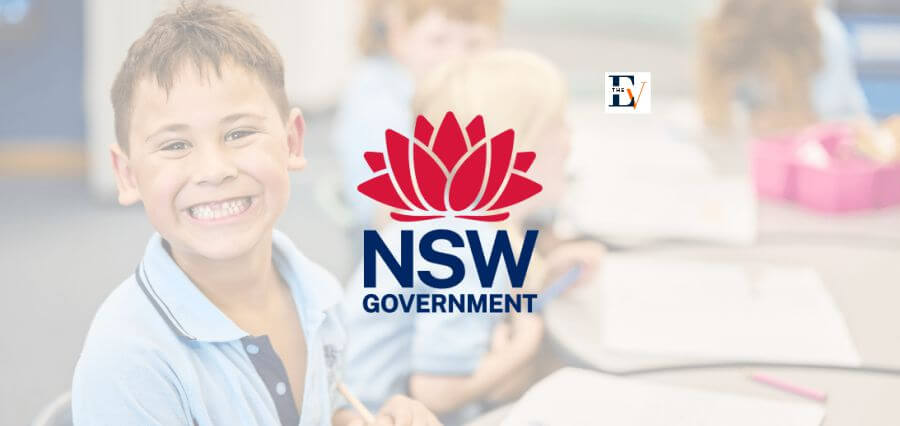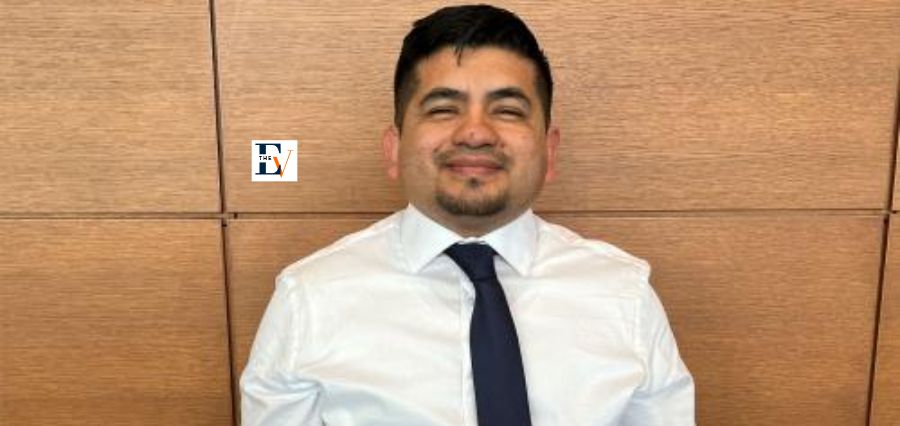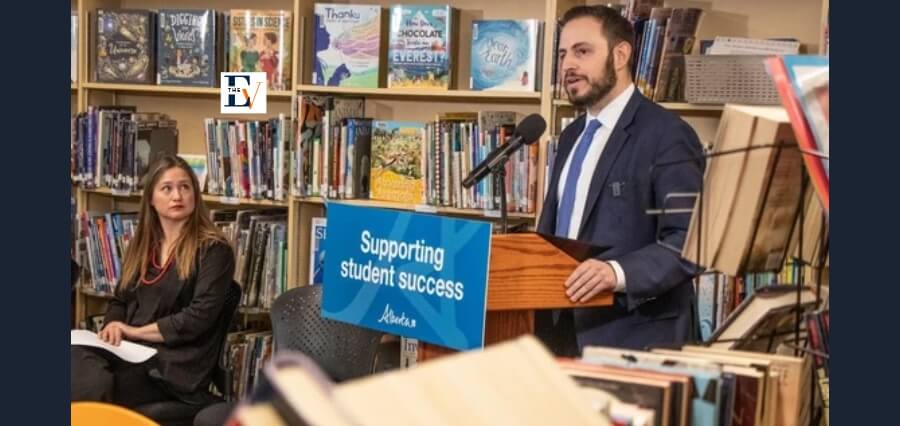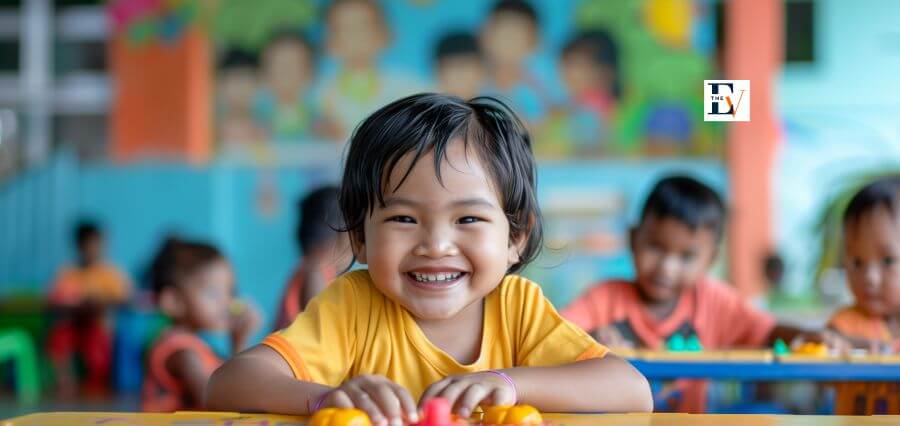The evolution of education in Lebanon reflects the resilience and determination of its people to overcome challenges and embrace innovation. From the early religious schools to the modern integration of technology, Lebanon has made significant strides in expanding access to education and improving its quality.
International School – Al Koura, one of the renowned institutes in Lebanon, has strived through adversities and created an educational brand like no other institution in the country.
Founded in 1985, while the Lebanese Civil War was still intermittent in other parts of Lebanon, the International School – Al Koura’s founders wanted to cater to the growing population of Lebanese families who wished to place their children in an international-based schooling system.
In a way, founding a school, and a secular one at that, was the exact polar opposite of war. It meant normality, progress, exposure, civil education, and a sign of optimism in times of strife. Since then, the school has been affected by the erratic state of affairs that has afflicted this country for decades but continues to strive to be a solid foundation for the community’s students, parents, and teachers.
Purpose-Built Environment
I.S. Al Koura is a purpose-built campus that is situated in the rural area of Batroumine Al Koura North Lebanon, and it is visible from different vantage points in the Koura area. It is surrounded by natural green trees and olive groves that add to the charm of an already well-kept campus.
There are two categories of students enrolled within the K12 system: The Lebanese Baccalaureate Program and the High School Program. While the Lebanese Baccalaureate program is conducted in the Arabic and English languages, the high school program is tailored for Lebanese students who have been living abroad and are not proficient in the Arabic language. It is conducted solely in the English language, and authorizes their exemption from the end of year Lebanese Baccalaureate exam.
Integrated into the classroom are special needs students under the SPED department (Special Education). I.S. has always been an inclusive school, in more ways than one, and has been practicing this inclusiveness for most of the 38 years it has been functioning.
There are currently 718 students registered; its students are almost all of Lebanese nationality, but it also has students from the USA, Australia, Germany, several African countries (Ghana, Nigeria, Egypt, to name a few), and Canada. It currently employs 94 people. Of these, there are 22 males and 72 females, and a number of its employees are of different nationalities, such as Australia, South Africa, and the USA.
Instilling Noble Values
I.S. collaborates to link learning to life in order to develop in its students a mindset of responsibility, courage, empathy, tolerance, self-control, and integrity. It guides students to be independent, self-sufficient, well-rounded and critical thinkers who are capable of taking the initiative and solving real-life problems.
I.S. Al Koura wants its students to be productive, happy citizens, good friends, good parents, respectful, and honest.
To do that, there is a focus on teaching habits of mind that reflect 21st-century skills, not just academics. Academics are important, no doubt, but these constitute the floor rather than the ceiling of anyone’s education.
I.S. is dedicated to the intellectual, psychological, and socio-emotional development of each of its students. To adapt to a constantly changing world, it examines and shares policies on a systematic basis, as well as when necessary. I.S.’s students need to be good at life, and not just school.
Revamping the Curriculum for Better
The school’s main short-term goals include revamping the schoolwide curriculum, aligning it with common core standards, integrating AP courses that the school already offers, and attaining NEASC accreditation. The school’s plan is to use the accreditation process to reflect, reaffirm, transform where necessary, and improve students’ learning experiences for a distinctive brand of private, independent, multi-lingual, Lebanese, and US curricula in North Lebanon.
These goals are underway, as NEASC recently approved the ACE pathway moving forward, and the faculty is rigorously reevaluating the existing curriculum. Despite the challenges that have presented themselves through the COVID-19 pandemic, internationally, and the Lebanese financial crises, locally, the school’s administration has always sought to normalize and possibly improve the students’ learning experience.
Not unlike other private schools in Lebanon, I.S.’s instruction is in three languages, Arabic, English, and French. The holistic approach allows for focus on the arts (fine arts, music, drama) in addition to a variety of subjects in order to engage students on many levels. I.S. gives all subjects equal weight to stress the importance of a well-rounded education. The Inclusion Policy empowers students with special needs to benefit from a challenging curriculum that is aligned with the Lebanese National requirements as well as with core curriculum standards.
In keeping with the Linking Learning to Life slogan, I.S. Al Koura has put in place a clear mission, educational objectives, and a set of core values that highlight and inform strategies, policies, and programs. These have been put in place to support the general school culture and learning practices.
Pillars of Success
Throughout the school’s history, there have been many champions that have bettered the school in more than one way. During the last two decades, however, there have been two pillars of the school’s success. Rima Nasr, the Head of the School, and Aref Akar, the Chairman of the Board of Directors. They have both faced uphill battles that have sometimes been made uniquely arduous by the economic and political fluctuations in Lebanon.
Rima Nasr was and is the main proponent of integrating emergent educational tools, like online learning, well before they were needed. Online learning during the COVID-19 pandemic was one of those cases where this kind of decision-making saved the academic year.
Aref Akar was and is the tough decision-maker and wise voice behind maintaining sound financial decisions through all the chaos. At the end of the day, without the dedication and steadfastness of I.S.’s teachers, none of it would be possible. To each and every one of them, being at I.S. is a calling rather than a career.
“Beyond information and knowledge acquisition, beyond official government exams and standardized testing, we need our students to develop the creative confidence to accomplish incredible things in this world. They also need to believe that they can,” states Rima Nasr.
Creating a Safer Learning Environment
Many schools in Lebanon have a solid instructional base, but only a few have learned to embrace students with learning, social, or emotional difficulties, sometimes even all three. The special education department (SPED) has played a proactive role in raising awareness and handling emergency topics (anti-bullying, personal hygiene, anti-discrimination, etc.). SPED has integrated social-emotional learning and other coping strategies into the culture of the school.
The I.S. Al Koura has conducted several PBL workshops and applies PBL principles throughout the K12 system. Students work on a project over an extended period of time – from a week up to a semester – that engages them in solving a real-world problem or answering a complex question. They demonstrate their knowledge and skills by creating a public product or presentation for a real audience. As a result, students develop deep content knowledge as well as critical thinking, collaboration, creativity, and communication skills.
The school organizes annual ski trips, trips abroad, hiking, excursions, water parks, museums, etc. with purpose. All activities are planned in such a way to reinforce the learning and to link it to life.
Additionally, I.S. joined the UNESCO network of schools and participated in various activities throughout the academic year. MUN (Model United Nations) has been a staple in the school’s extracurricular optional enrolments. It exposes students to how the United Nations works, to countries beyond our borders, and to the challenges facing these countries. This experience is particularly character-building since students sometimes travel and have to compete in a very competitive environment. Whereas Model EU will be the school’s focus for the coming year. As for Advanced Placement courses, I.S.’s high school students have the following options: AP Psychology, AP Calculus, and AP Economics.
“Broaden your education with any tools you can get your hands on, especially digital ones. Being able to stay concurrent with technological and digital advances is becoming a survival skill rather than an extracurricular activity,” the school suggests to students.






